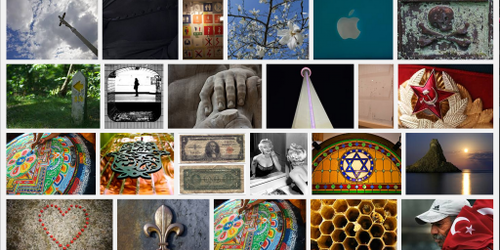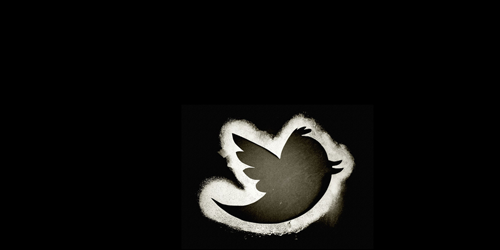Holy Smoke

By Shalom Goldman Since the 1960s many in America’s alternative religious communities have embraced the use of marijuana and other mind-altering substances in their religious rituals. By hearkening back to Native American rites, these religious practitioners can point to a long tradition of American spirituality that had its religious experiences enhanced by intoxicants. With very few […]
Sacred Matters.

By Louis A. Ruprecht Jr. I was delighted when I first heard of the possibility that this important new online journal was to be created. I was even more delighted when asked to participate in its creation, formation, and custodial care. I anticipate grand things for Sacred Matters. I am grateful to Gary Laderman for […]
Sacred Social Media

The sacred is social. That means Sacred Matters wants to hear from our readers through social media. As with our letters, we want your feedback on our stories. We want to know what you think is sacred. We want to know why you think the sacred matters. Follow our Twitter feed @sacredmatters for a […]
Letters Not Comments: Slowing Down the Conversation
What is more controversial than religion? What is more volatile than differences of opinion over the status and role and truth of religion? What causes more flare ups and flame outs than online commenting, usually anonymous, on the topic of religion? A recent piece by CNN.com religion writer John Blake, “Holy Trollers: How to Argue about […]
Surf’s Up at the American Academy of Religion!

Are you going to the American Academy of Religion meeting this November? Are you there right now? Are you bummed about being in Baltimore in the autumnal chill? We have something to bring a little sunshine to your weekend. Find one of the Sacred Matters editors wandering the halls of the meeting and we will […]
Introducing Sacred Matters

Sacred Matters is a web magazine of public scholarship that undercuts conventional understandings of religion and reimagines the boundaries between religion and culture. It is designed with the “nones” in mind, the fastest growing segment of the American religious landscape over the last ten years. These are individuals who prefer not to claim a specific, […]
